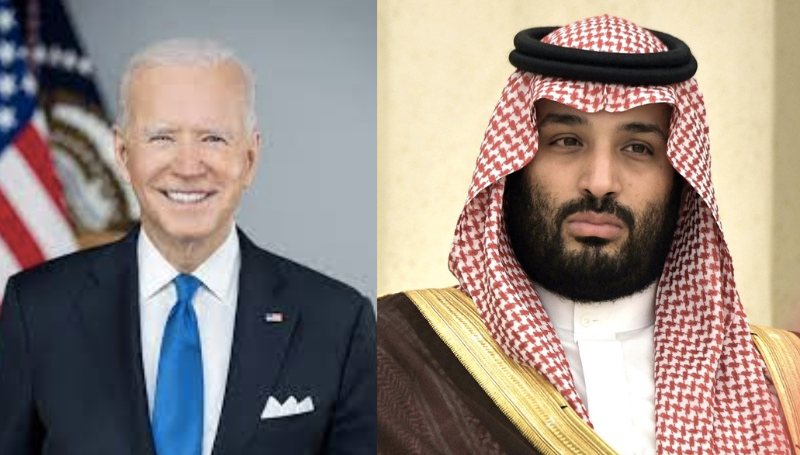Karen Elliot House
WSJ, July 13, 2022
“On Mr. Biden’s big ask—more oil production—he’s likely to fail.”
President Biden’s pilgrimage to Saudi Arabia this week offers an opportunity to repair a relationship crucial to Mideast security. Unfortunately, the visit will be more of a PR stunt than any real reset of a strategic partnership.
U.S.-Saudi relations are the worst they’ve been in 50 years. During the 1973 oil embargo and after Sept. 11, the White House worked quietly to preserve its relationship with the Saudis, despite public anger at the kingdom. This time, Mr. Biden has personally led the anti-Saudi chorus by labeling the kingdom a “pariah” and refusing to talk with Crown Prince Mohammed bin Salman.
That feeling has become mutual. In March, the crown prince declined a call from the White House. He is part of a new generation of Saudi leaders who don’t share their predecessors’ view that the U.S. is an essential security partner and are instead turning to China and Russia. China’s arms transfers to the kingdom have grown by nearly 400% over the past four years—mostly drones, which the U.S. refuses to sell Riyadh.
The 79-year-old president and the 36-year-old crown prince won’t be aiming to resolve these tensions. Both leaders are seeking personal gain more than advancing mutual security interests as each rightly distrusts the other’s commitment to cooperation. Mr. Biden, like President Obama, wants to improve relations with Iran, not Saudi Arabia—a country he disdains for its human-rights abuses and monarchy. For Crown Prince Mohammed, fear of Iran is the major reason to work with the U.S., although progress seems increasingly unlikely given the Biden administration’s pandering to Tehran.
To view the original article, click here


